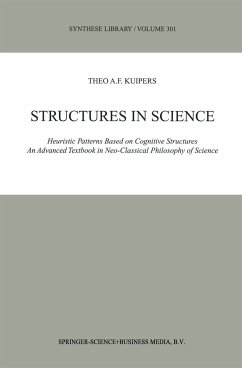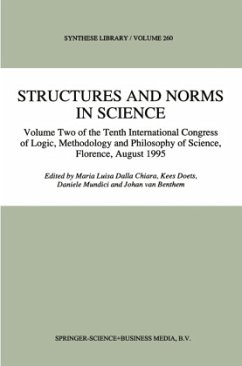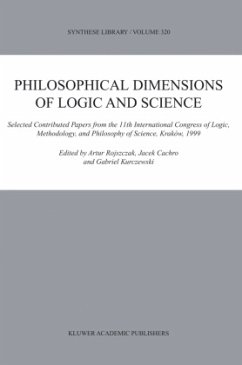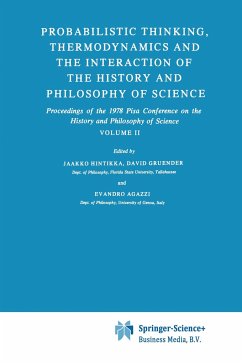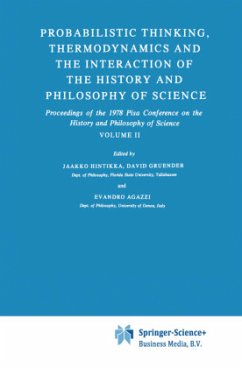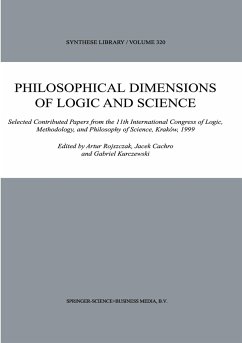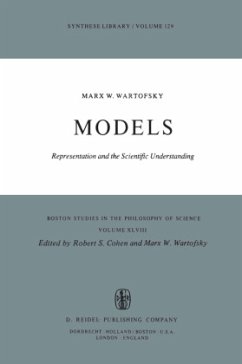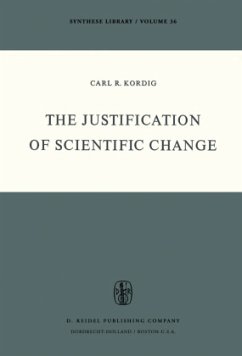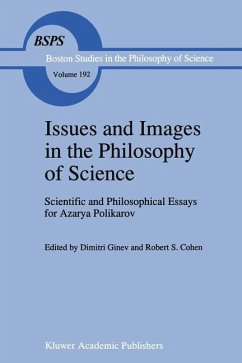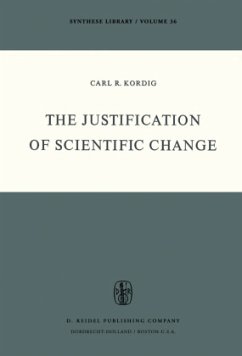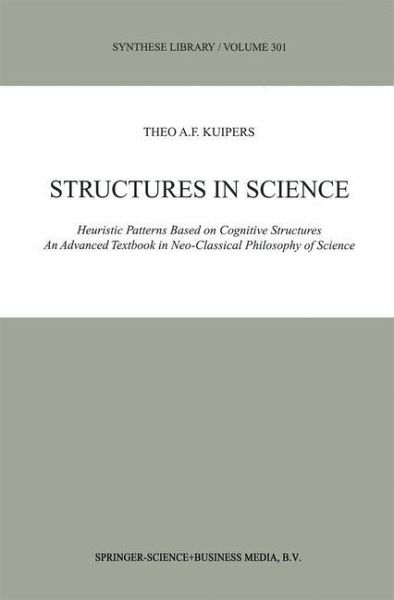
Structures in Science
Heuristic Patterns Based on Cognitive Structures An Advanced Textbook in Neo-Classical Philosophy of Science
Versandkostenfrei!
Versandfertig in 6-10 Tagen
113,99 €
inkl. MwSt.
Weitere Ausgaben:

PAYBACK Punkte
57 °P sammeln!
Although there is an abundance of highly specialized monographs, learned collections and general introductions to the philosophy of science, only a few 25 years. synthetic monographs and advanced textbooks have appeared in the last The philosophy of science seems to have lost its self-confidence. The main reason for such a loss is that the traditional analytical, logical-empiricist approaches to the philosophy of science had to make a number of concessions, especially in response to the work of Popper, Kuhn and Lakatos. With Structures in Science I intend to present both a synthetic mono graph...
Although there is an abundance of highly specialized monographs, learned collections and general introductions to the philosophy of science, only a few 25 years. synthetic monographs and advanced textbooks have appeared in the last The philosophy of science seems to have lost its self-confidence. The main reason for such a loss is that the traditional analytical, logical-empiricist approaches to the philosophy of science had to make a number of concessions, especially in response to the work of Popper, Kuhn and Lakatos. With Structures in Science I intend to present both a synthetic mono graph and an advanced textbook that accommodates and integrates the insight of these philosophers, in what I like to call a neo-classical approach. The resulting monograph elaborates several important topics from one or more perspectives, by distinguishing various kinds of research programs, and various ways of explaining and reducing laws and concepts, and by summarizing an integrated explication (presented in From Instrumentalism to Constructive Realism, ICR) of the notions of confirmation, empirical progress and truth approximation.





